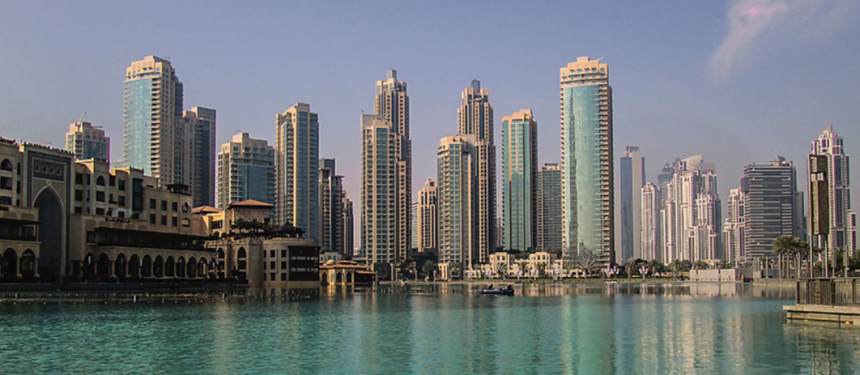Dubai’s private school sector is showing record growth as demand for a quality education in the UAE region continues to swell. Quality assurance remains top on the agenda of regulating body, the Knowledge and Human Development Authority (KHDA), which has just announced the two business models which will be accepted for private school operations.
News and business analysis for Professionals in International Education
Have some pie!
Dubai: new operations models for private schools says KHDA
 Last year, KHDA reported record 10% growth in private school operations with the opening of 11 new schools including eight British, two Indian and one Canadian. Photo: ANDROS images.
Last year, KHDA reported record 10% growth in private school operations with the opening of 11 new schools including eight British, two Indian and one Canadian. Photo: ANDROS images. Under previous models, local property managers or investors could franchise the school’s branding even though curriculum was under the control of a third party.
Under KHDA’s new “Branch School Model”, local commercial partners are allowed to be involved only in the commercial arrangements of the school– land, buildings, finances – while the school is the sole owner. Under this system, the school is allowed to use all branding and marketing material associated with the home campus.
The “shared management model” meanwhile prohibits the use of brands, logos or “other collateral” of a foreign provider if the local investment partner is responsible for any part of the school’s operations.
“The main purpose of the two models is to attract international schools to provide high quality, outstanding education in Dubai”
“The main purpose of the two models is to attract international schools to provide high quality, outstanding education in Dubai,” Kalthoom AlBalooshi Institution Development Manager at KHDA told The PIE News. “It’s all very new and it will take time to grow. We tried to come up with a model that will work with different types of schools.”
She underlined that the models are just the first step to establishing clear operational standards. “We’ll give it time. I’m sure people will go back to their own boards of governors and say ‘this is what Dubai is looking for, what do you think?’.”
Last year, KHDA reported record 10% growth in private school operations with the opening of 11 new schools including eight British, two Indian and one Canadian.
The growth opened up 23,000 new seats for students offering needed relief in a highly competitive landscape where nine out of 10 children are in private schools.
“For the first time ever we’ve noticed that parents have a choice”
“For the first time ever we’ve noticed that parents have a choice,” commented Mark Atkins, Chief Operations Officer for Repton International Schools Limited. “They can now shop around a bit which is great because it forces schools to really look at themselves and think about what kind of product they’re offering. Normally you’d take any place and you’d be glad to find one.”
Atkins welcomes the establishment of two defined operation models saying it’s part of quality evolution in the sector.
“It will help parents make a decision about where they’re going so they will know if they go to a branded school in Dubai that it’s operated by that school and their expectations can be well matched to the school,” he said.
However he added that a hybrid model might emerge further down the line. “There has to be a 50/50 split. I can’t see anyone saying ‘here’s $100 million’ –or whatever it costs to build a good school– ‘we’re not going to have any control over that’,” he said. “They might have a guaranteed return but they will want to see some control.
“But for a new school coming to the market that’s not proven that makes it harder again because it’s not a proven operator so there’s a risk for the investor there,” he added.
A report commissioned earlier this year by KHDA and carried out by the World Bank found that the regulating body “has put into place a system that is uniquely adapted to the private education landscape in Dubai” and one that is “entirely transparent, openly accountable, and has strong stakeholder participation”.
In the past five years, the number of schools rated good or outstanding by the KHDA has risen from 33% to 51%
In the past five years, the number of schools rated good or outstanding by the KHDA has risen from 33% to 51%, a trajectory the government is keen to maintain.
Currently there are 243,000 students in 169 private schools in Duabai. Based on 9% annual growth trends, by 2020 the city is excepted to host 250 private schools catering to 360,000 students. In the phase of big growth, KHDA says it will continue to regulate yearly fees.
“Private schools in Dubai have had fee regulation for a long time,” said AlBalooshi. “Schools are allowed to increase fees yearly; the exact increase is based on inflation and their inspection rating, so better-performing schools can increase their fees more.
“It’s a way of adding incentive to the sector, saying ‘if you do well, you should have a better return,’” she added.
Still looking? Find by category:



One Response to Dubai: new operations models for private schools says KHDA